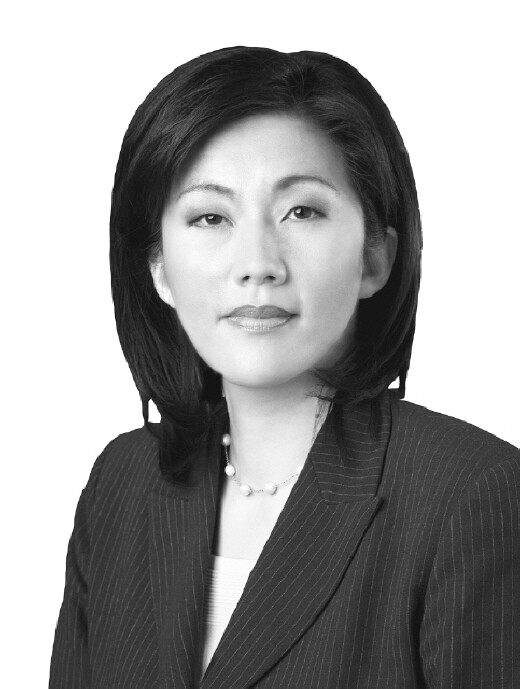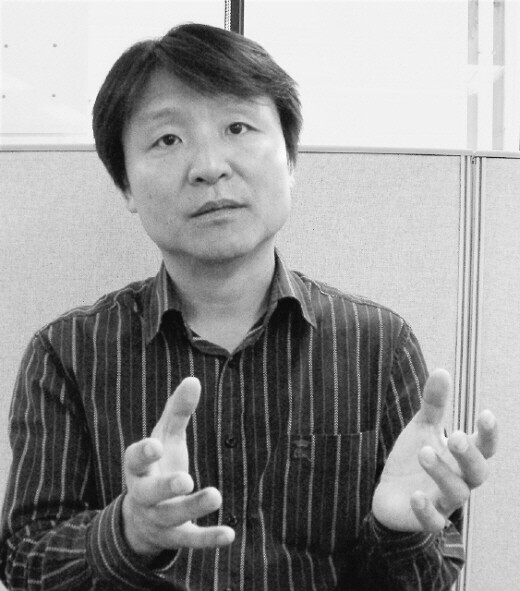hankyoreh
Links to other country sites 다른 나라 사이트 링크
Opinions diverge over G-20’s clout

By Hwang Joon-bum and Kim Min-kyoung
“If the last four G-20 summits were a venue for a ‘special countermeasures team’ to deal with the global financial crisis, the Seoul summit seems to be a junction at which the G-20 is becoming global governance.”
So said G-20 preparatory committee spokeswoman Sohn Ji-ae, 47. She predicts that if past G-20 summits were mere talk, the Seoul summit will lead to a concrete plan of action regarding IMF reform and financial regulations, and expand the scope of the meeting to include new agenda like global financial safety nets.
She said the Seoul summit is not only the first G-20 summit convened in a non-G-7 nation, but also the first convened in a developing nation, and that it is greatly significant that as summit chair nation, South Korea is jumping from a “rule follower” to a “rule setter.”
In response to concerns that Seoul will become a battleground over the exchange rate issue, Sohn said it would be a problem to overly focus on the exchange rate issue, but as one part of macroeconomics, it was the natural role of the G-20 to discuss the exchange rate issue, and that it was significant that Seoul was providing the discussion space.
Sohn said overseas nations have shown positive responses to South Korea’s preparations and role, saying that they were doing better than expected. She said the government had set its goals high and has been doing everything possible could to achieve success.

In contrast, Chang Hwa-shik, vice chairman of the Korean Federation of Clerical and Financial Labor Unions, a member of the Korean Confederation of Trade Unions, said, “For the G-20, which is using a tremendous amount of tax money, to play even the slightest role, it must discuss capital controls and financial regulations.”
Chang is the joint chairman of a civic network to strengthen financial regulations and tax speculative capital, formed by local civic groups in April, and joint chairman of the steering committee of another association of progressive labor and civic organizations to respond to the G-20. Chang said that unlike what is being demanded by civil society, it will be difficult to reach an agreement regarding financial regulations. He said Europe, the United States and Great Britain are in disagreement after overcoming the financial crisis with massive injections of money, and that it would be difficult to decide anything as the meeting lack binding force. He said, however, that as the G-20 is too big an entity to ignore, he would, from the position of victims hurt by the financial crisis, press the leaders at the conference to come up with substantive solutions.
Chang also pointed out that despite being the chair nation, South Korea has been very passive regarding agenda pertaining to financial regulations. He said that as South Korea is a victim nation of derivatives such as the KIKO issue, it must take an interest in financial regulation. He said the government has no awareness of this issue, and since its initiative in global finance is weak, the government was concentrating just on the agenda of “development” and summit propaganda. He also said the economic effect of the summit was being statistically exaggerated, and that it wasn’t well known what should be discussed at the summit.
Please direct questions or comments to [englishhani@hani.co.kr]
Editorial・opinion
![[Column] Has Korea, too, crossed the Rubicon on China? [Column] Has Korea, too, crossed the Rubicon on China?](https://flexible.img.hani.co.kr/flexible/normal/500/300/imgdb/original/2024/0419/9317135153409185.jpg) [Column] Has Korea, too, crossed the Rubicon on China?
[Column] Has Korea, too, crossed the Rubicon on China?![[Correspondent’s column] In Japan’s alliance with US, echoes of its past alliances with UK [Correspondent’s column] In Japan’s alliance with US, echoes of its past alliances with UK](https://flexible.img.hani.co.kr/flexible/normal/500/300/imgdb/original/2024/0419/2317135166563519.jpg) [Correspondent’s column] In Japan’s alliance with US, echoes of its past alliances with UK
[Correspondent’s column] In Japan’s alliance with US, echoes of its past alliances with UK- [Editorial] Does Yoon think the Korean public is wrong?
- [Editorial] As it bolsters its alliance with US, Japan must be accountable for past
- [Guest essay] Amending the Constitution is Yoon’s key to leaving office in public’s good graces
- [Editorial] 10 years on, lessons of Sewol tragedy must never be forgotten
- [Column] A death blow to Korea’s prosecutor politics
- [Correspondent’s column] The US and the end of Japanese pacifism
- [Guest essay] How Korea turned its trainee doctors into monsters
- [Guest essay] As someone who helped forge Seoul-Moscow ties, their status today troubles me
Most viewed articles
- 1[Column] The clock is ticking for Korea’s first lady
- 2Samsung barricades office as unionized workers strike for better conditions
- 3After 2 months of delayed, denied medical care, Koreans worry worst may be yet to come
- 4[Correspondent’s column] In Japan’s alliance with US, echoes of its past alliances with UK
- 5[Column] Has Korea, too, crossed the Rubicon on China?
- 6Hong Se-hwa, voice for tolerance whose memoir of exile touched a chord, dies at 76
- 7[Editorial] When the choice is kids or career, Korea will never overcome birth rate woes
- 8Constitutional Court rules to disband left-wing Unified Progressive Party
- 9Nearly 1 in 5 N. Korean defectors say they regret coming to S. Korea
- 10‘Right direction’: After judgment day from voters, Yoon shrugs off calls for change